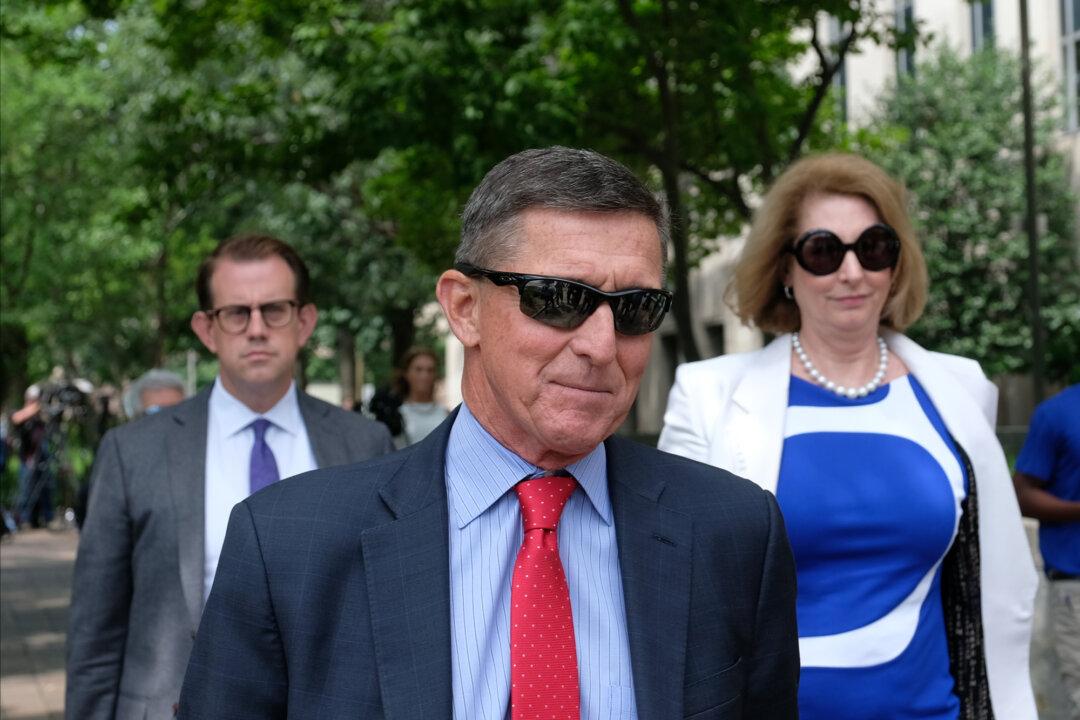Commentary
Sir Walter Scott made a sound observation in his poem, “Marmion,” when he said, “Oh what a tangled web we weave / when first we practice to deceive.”

Sir Walter Scott made a sound observation in his poem, “Marmion,” when he said, “Oh what a tangled web we weave / when first we practice to deceive.”